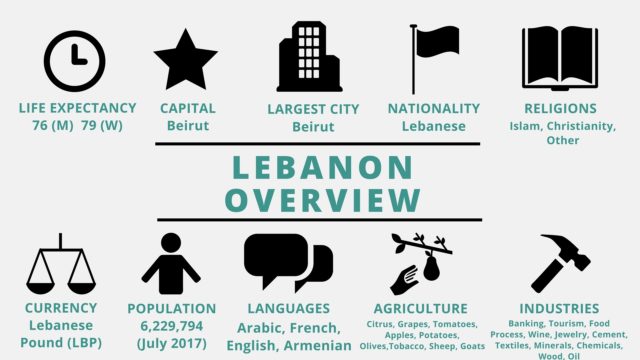The Lebanese Law establishes the creation of several, important regulatory authorities to monitor administrative and financial performance in public institutions. These are:
Civil Service Board –responsible for all Human Resources-related issues concerning public service employees including: hiring and firing, promotions and change of ranks, training employees, and end-of-service entitlements.
Joint Inspection Unit –responsible for monitoring the work of public institutions and ensuring it follows the proper legal framework. It also liaises between various public institutions and is responsible for handling tender bids in civil public institutions.
Court of Audit –responsible for monitoring how public money is being spent through scrutinizing accounts and holding officials accountable. The Court of Audit monitors government institutions, large municipalities, institutions related to municipalities and the state, among others.
Higher Disciplinary Authority –responsible for undertaking disciplinary measures concerning all public service employees, excluding: heads of Civil Service Board and Joint Inspection Unit; Judges; Army officials, members of General Security and Internal Security Forces; Municipal Employees.
INFACT, these regulatory authorities exist; however, they do not exercise their full capacities. The problem is twofold: on the one hand, they are limited by archaic, bureaucratic internal mechanisms; on the other hand, public institutions do not comply with the regulatory bodies’ decisions, and political prerogatives and considerations interfere with their activities, rendering them severely incapacitated in the fight against anti-corruption.
Food For Thought: How do we re-activate these essential regulatory authorities to promote accountability? How do we update their internal working mechanisms to increase efficiency?
